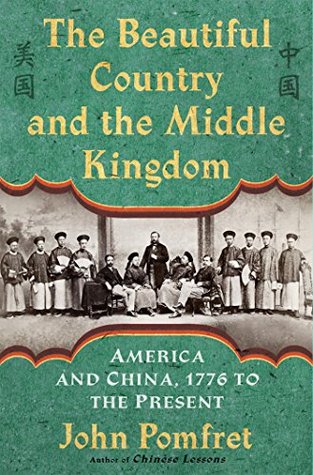Many American readers compared Chiang’s manifesto unfavorably with an essay by Communist leader Mao Zedong—“On New Democracy”—that had appeared in 1940. Writing in the folksy style popularized by Hu Shih, Mao vowed to create a new nation and a new culture. This appealed to Americans who sensed in Mao the type of disruptive awakening they believed China needed. Moreover, unlike Chiang, who rejected a market economy, Mao vowed that his China would tolerate capitalists.
Welcome back. Just a moment while we sign you in to your Goodreads account.


